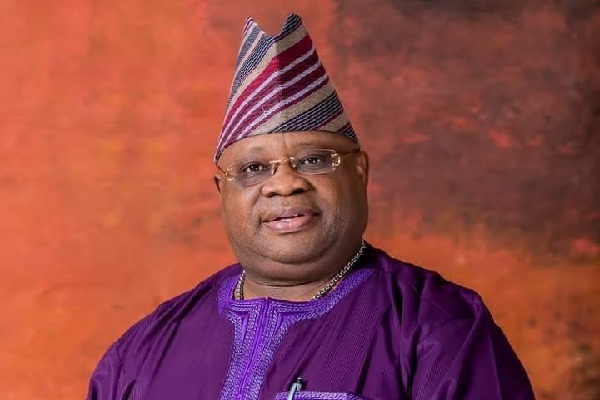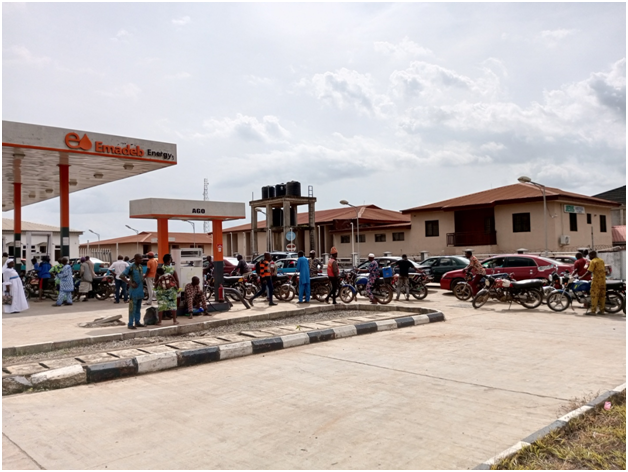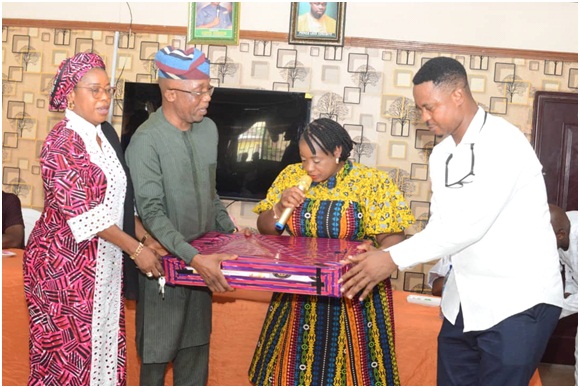The Proposed 32New Institutions
THE Nigerian government has continued to create new higher institutions of learning, as part of the agenda to expand enrollment, and achieve manpower development, the latter that is central to national enhancement. Currently, available data with National Universities Commission (NUC) show that Nigeria has 52 federal universities, 63 state-owned and 147 private universities. There are indications also that there are 40 Federal Polytechnics, 49 state-sponsored and 76 privately-owned. The National Commission for Colleges of Education (NCCE) put the number of Colleges of Education at 219. The above categorizations do not include Colleges of Health, whose statistics has been given to include 70 Federal and state-owned Colleges of Health and 17 private ones.
THE furore surrounding poor funding of higher educational institutions in Nigeria, particularly the perennial strikes by the Academic Staff Union of Universities (ASUU) to push for better funding of public universities, and the attendant closures of these citadels of learning, would ordinarily attract public concerns to the establishment of new tertiary educational institutions. It should be noted, however, that the establishment of new institutions is the prerogative of government, and the oppositions raised by dissenting stakeholders like ASUU would not vitiate such authority.
IT is given the vexatious issues of the funding of higher educational institutions in Nigeria that the recent emplacement of 32 bills before the Senate and House of Representatives for the creation of new Universities, Polytechnics, and Colleges of Education by the 10th National Assembly, caught the attention of stakeholders and the public. Details of the bills indicated that the Speaker of the House of Representatives, the Deputy Speaker, and other legislators desired the establishment of one institution or another in their constituencies. Some critics of government, mostly ASUU, have denounced the compensatory use of higher institutions by legislative and executive members as ‘constituency projects’ as unreasonable, wondering why new higher educational institutions should be established when existing ones are not sufficiently funded.
IT is the opinion of The Hope that Nigerian lawmakers should not play politics with serious issues of education and national development. Existing realistic narratives suggest that a few universities and other tertiary educational institutions established in the past have been coming up to justify their existence, while others merely exist for the fun of it. There are privately-owned universities like Afe Babalola, Redeemers’, Covenant, and Babcock that are making remarkable marks in learning, research, medicare, and entrepreneurial and skill acquisition. However, no private Polytechnic or College of Education has made noticeable impact in the country.
EVEN though the 200 million population of Nigeria ordinarily suggests that more institutions are needed to guarantee enrollment for citizens, we are also unimpressed by the proliferation of universities that have overshadowed other important levels of education where specialized skills could be obtained. In this regard, public polytechnics and colleges of education that made great impacts in the past are being redundantly converted to universities by government, due to the socio-political pressures being mounted by stakeholders, without due attention given to the initial mandates that drove the establishment of such institutions.
THE blurring of polytechnics and monotechnics that once produced middle-level manpower for industrialization in Nigerian educational system is counterproductive and is in total lack of countenance of the fact that, all over the world, not all young people have the capacity for university education. It is for this reason that in order to help citizens realize their full potential, forward-looking countries established different Academies; for football, music, tailoring, welding, etc., to develop citizens in specific need areas and career development. It is arguable that until Nigeria prioritises and sustainably funds and monitors specialised institutions, the nation may just remain in the doldrums.
IN what some watchers considered outlandish, the Buhari regime established some specialised institutions like Transport and Maritime Universities, which are departments or faculties in some existing conventional universities, as a way to respond to the needs in some areas of development, but we are not impressed by such initiative on the face of it, until they live up to expectations. Our pessimism is fuelled by the reality that Universities, Polytechnics and Monotechnics established in the 1970s and 1980s by Federal and State Governments, with specific mandates in the areas of technology and agriculture, simply abandoned their mandates along the line, and resorted to managerial and medical courses to stay afloat, due to paucity of funds. Nigerians are waiting for the specialised universities to deliver.
ARGUABLY, lawmakers should be interested in advising government to embrace policies that will make education in Nigeria efficient and productive. Similarly, rather than for Nigeria lawmakers and governments to want to turn the establishment of higher institutions of learning to an instrument of political compensation and ‘constituency projects’, The Hope strongly advises that; existing institutions should be adequately funded by governments, with the capacity of the institutions enhanced, to be able to guarantee needed enrollment, allow them deliver on their mandates, and also produce the needed different categories of manpower for economic growth and national development.










